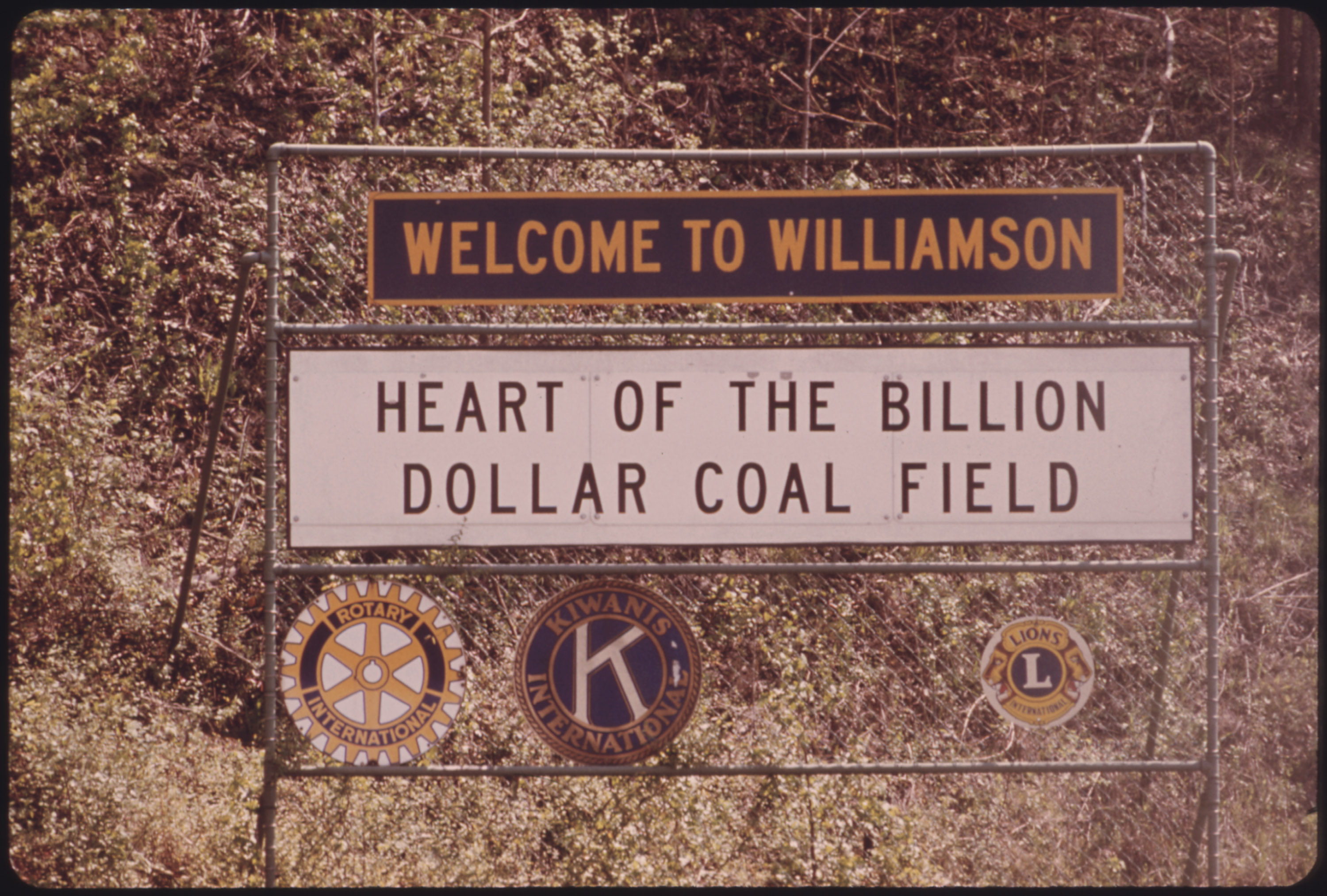To write in the genre known as Southern Gothic, an author must have mastery of a spreadsheet program to keep track of the characters and the twists that the plot takes.
Or, you could try to untangle what is actually happening in a small West Virginia hamlet and go from there.
I just finished reading Julia Keller's A KILLING IN THE HILLS (and posted a review on Goodreads), so the story out of West Virginia drew my attention. In the novel, Ms. Keller's protagonist is a prosecutor in a small burg where the drug trade is destroying the community. It turns out that the drug trade really is destroying a very real community, with fiction mirroring fact.
In the tiny town of Williamson, the local sheriff was gunned down and it was assumed it was a revenge killing. Eugene Crum had been elected on his strong anti-drug stance and his determination to root out the drug lords. As the coal industry has collapsed in West Virginia, the drug trade has blossomed, taking advantage of the isolation and the lack of jobs. To earn a few dollars, some people are desperate enough to work at any trade, including drug smuggling, if that's what it takes to put food on the table.
The murder of a law enforcement officer while on duty cannot go unpunished or uninvestigated. This particular investigation, however, has taken a most curious turn.
Judge Michael Thornsbury has been arrested on charges of conspiracy involving an affair with his secretary and an attempt to railroad her husband as a way to punish her for breaking off the affair. That, it turns out, is only a small part of the corruption that bubbles through the community.
One thing led to another, and now there are charges lodged against a police officer related to the judge's conspiracy. That, in turn, brought on charges of extortion leveled at a county commissioner, none of it directly related to Mr. Crum's murder.
It gets more murky, however, and this is where Southern Gothic gets dark.
The murdered sheriff was said to be part of the very drug trade he was supposed to be destroying, and Judge Thornsbury was accused of involvement in yet another conspiracy to protect the dead man's reputation when rumours began to swirl. Which begs the question, did Mr. Thornsbury do so out of loyalty to a political supporter, or out of loyalty to a drug kingpin who controls trade in the Williamson area? Or is the judge that kingpin?
After the police arrested a man and charged him with murder, it wasn't long before the accused's father said his boy was mentally challenged. Did he read Julia Keller's novel as well? Because the father then added that his son had been molested in his teens by the sheriff, so there's reason enough to kill a person twenty years later. Nothing to do with the drugs trade, or protecting the privileged few who have run things in the town for decades.
Friends of the sheriff have come to his support, denying the link to illegal prescription drug sales.
The FBI is attempting to untangle the mess, chasing down leads and talking to people who are not likely to give unbiased opinions. After all, the FBI will eventually go home to Washington, D.C., while the citizens of Williamson will be left behind, to face whatever retribution might be handed out by those who mange to cling to power.
If you're looking for a plot line for a murder mystery set in the backwoods of the Appalachian Mountains, you need look no further than a real-life case with real people living in a sewer of real corruption. Good luck in keeping track of the disparate threads that run through the plot, leading to dead ends and cul-de-sacs and roundabouts.
But that's what makes Southern Gothic fiction so fascinating to read.

No comments:
Post a Comment